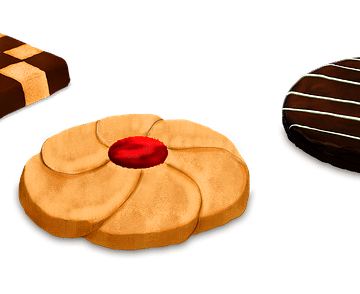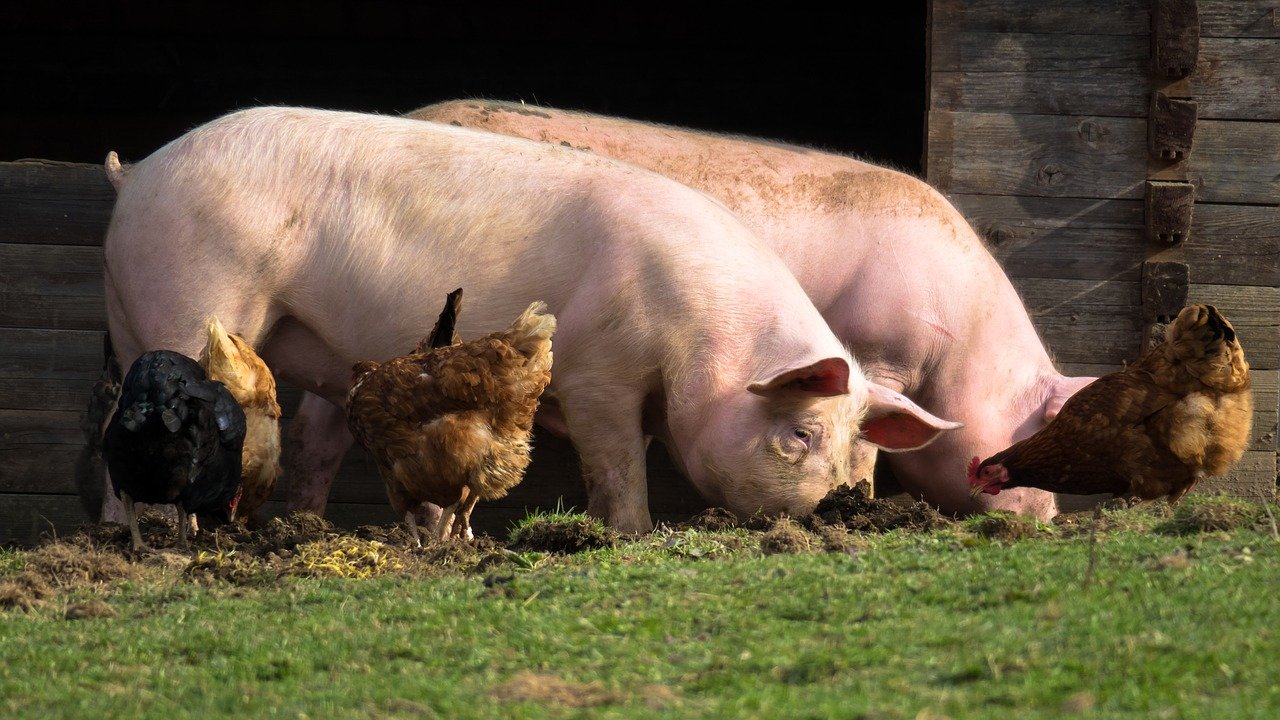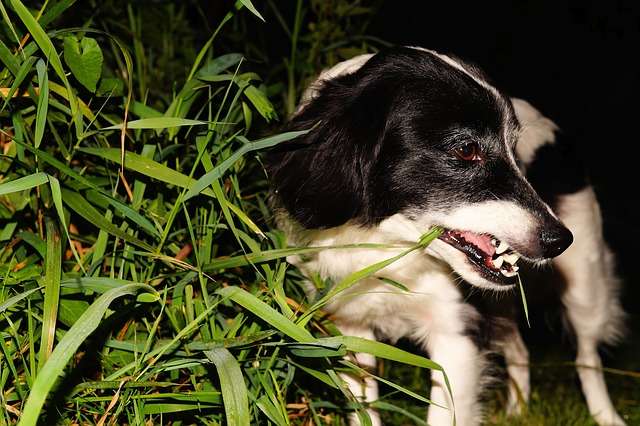If you have a dog as a pet, you’ve likely observed your canine companion occasionally munching on grass.
It’s a common behavior that often leaves pet parents wondering why dogs do it.
Is it just a quirky habit, or is there more to it?
A survey revealed that “68 percent of dog owners said their dogs ingested plants on a daily or weekly basis.”
While your dog’s grass-eating habits might initially seem concerning, they often have valid reasons.
But you must learn more about why your dogs might be eating grass to identify any potential health problems or unusual behaviors.
Explore the reasons behind your dog’s grass-eating habits below
Instinctual Behavior
One of the primary reasons dogs eat grass is rooted in their ancestral instincts.
Wolves, the ancestors of domestic dogs, would occasionally consume plants and grass in the wild.
They did this for various reasons, including aiding digestion, purging intestinal parasites, and accessing nutrients not found in their meat-based diets.
While modern dogs have evolved, these instincts still linger, and your pup might occasionally indulge in a bit of grass for similar reasons.
Digestive Aid
Have you ever noticed your dog eating grass when they seem to have an upset stomach?
Many dogs instinctively turn to grass as a natural remedy for digestive discomfort.
The grass can help induce vomiting, allowing your dog to expel whatever upsets their stomach.
It’s like their way of self-medicating to feel better.
Dietary Needs
Sometimes, dogs eat grass to supplement their diet with nutrients they might lack.
Grass contains fiber, vitamins, and minerals that can be beneficial in small quantities.
Your dog may crave these additional nutrients, especially if their diet lacks certain elements.
However, ensuring your dog has a balanced diet is essential to prevent excessive grass consumption.
If you’re feeding your dog kibble and notice they munch on grass frequently, it might be time to change your dog’s diet and switch to raw food.
Raw food diets mimic the natural prey-based diets that dogs would have consumed in the wild.
When you choose the right brand, you will find that the recipes are packed with meat and fresh vegetables, crafted without any added processes, and gentle on your furry friend’s digestive system.
Before you change your dog’s diet, consult your veterinarian to ensure no underlying issues are leading to the constant grass consumption.
Once you rule out any other problems, ask the veterinarian if a raw food diet will be suitable for your four-legged companion.
Boredom and Behavioral Reasons
Dogs, like humans, can get bored. They may seek ways to entertain themselves when they’re cooped up indoors or left alone for extended periods.
Chewing on grass or other non-food items can mentally stimulate them.
Providing your dog with enough physical and mental exercise to keep boredom at bay and reduce their grass-eating habits due to restlessness is essential.
Taste and Texture
Surprisingly, certain dogs find pleasure in the flavor and feel of grass.
Dogs possess a keen sense of smell, which can attract them to the scent of freshly cut grass.
Gnawing on something green and crisp can provide them with a satisfying experience, akin to how humans delight in munching on chips or popcorn.
In such cases, it’s primarily harmless unless your dog consumes excessively.
Typically, infrequent nibbling on grass poses no harm and is a normal behavior for dogs.
Conclusion
Nevertheless, if you observe your dog consuming large quantities of grass, experiencing frequent episodes of vomiting, or exhibiting signs of discomfort, it’s advisable to seek guidance from your veterinarian to investigate potential underlying health concerns.








